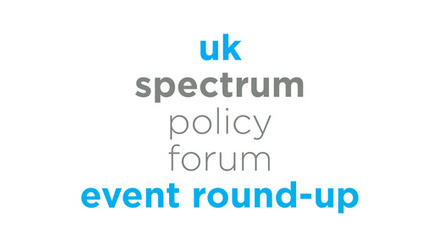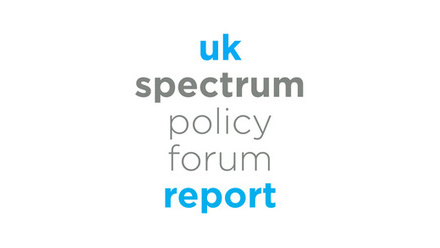UK Spectrum Policy Forum commissions Real Wireless to lead study on spectrum sharing between TN-NTN
The UK Spectrum Policy Forum (UK SPF) has appointed Real Wireless to undertake an independent research study examining the future of spectrum sharing between terrestrial mobile networks and non-terrestrial networks (NTNs), including Direct-to-Device (D2D) satellite services.
This study reflects the increasing interest in integrating satellite and terrestrial connectivity to support seamless, resilient, and globally accessible mobile services. The findings will look beyond the UK’s preparations for the World Radiocommunication Conference 2027 (WRC-27) and inform the development of future regulatory and technical frameworks.
Context of TN-NTN sharing
As satellite connectivity becomes increasingly central to global communications strategies, the convergence of satellite and terrestrial mobile networks is emerging as a key area of interest. WRC-27 will address several agenda items (AI 1.12, 1.13, and 1.14) that explore the use of spectrum below 3 GHz for D2D satellite communications. In parallel, Ofcom is consulting on new regulatory frameworks to enable satellite services in mobile bands and considering the future of the 2 GHz Mobile Satellite Services (MSS) spectrum.
This study responds to the growing need to understand how D2D satellite services can operate in both IMT and MSS bands, and how they can coexist with terrestrial mobile networks in a way that is technically feasible, commercially viable, and aligned with UK policy objectives.
We have seen Non-Terrestrial Networks and Direct to Device satellite services take centre stage in advanced connectivity technologies in many countries. Whilst we are in the early stages of realising deployments at scale, solving the technical and regulatory issues and understanding how the various go-to market-strategies will play out, Real Wireless is delighted to be carrying out this study now. All of the topics covered in this project are central to developing the UK’s regulatory policies and mapping out how these new services will deliver new benefits to a wide range of users.
Study objectives and scope
The study, led by Real Wireless, will provide a comprehensive assessment of the opportunities and challenges associated with TN-NTN spectrum sharing. Key objectives include:
- Assess the commercial viability of D2D services in IMT and MSS bands, including potential use cases, market demand, and partnership models between satellite and mobile network operators.
- Identify technical requirements and architectural models for satellite-terrestrial integration, including spectrum usage, bandwidth needs, and quality of service considerations.
- Analyse international D2D frameworks and trials to identify relevant deployment scenarios for the UK, considering regulatory, technical, and commercial factors.
- Examine issues such as lawful interception, emergency calling, device compatibility, and interference mitigation, and propose solutions to enable coexistence.
- Explore billing system integration and roaming agreements in satellite environments, drawing on international practices and UK-specific requirements.
The study will also consider how emerging technologies—such as LEO/MEO satellites and High Altitude Platform Stations (HAPS)—can support future D2D services, and how 3GPP NTN standards, particularly in the context of 6G, can ensure end-to-end service quality.
Deliverables and impact
The final report will offer detailed recommendations on spectrum sharing models, deployment strategies, and regulatory considerations. It will also synthesise insights from global trials and propose a roadmap for enabling TN-NTN coexistence in the UK.
This work is expected to inform UK SPF discussions, support Ofcom’s ongoing consultations, and contribute to the UK’s position in international spectrum negotiations.
Contact us

Tales Gaspar
Tales has a background in law and economics, with previous experience in the regulation of new technologies and infrastructure.

Sophie Greaves
Sophie Greaves is Associate Director for Digital Infrastructure at techUK, overseeing the Telecoms Programme, the Data Centres Programme, and the UK Spectrum Policy Forum.





